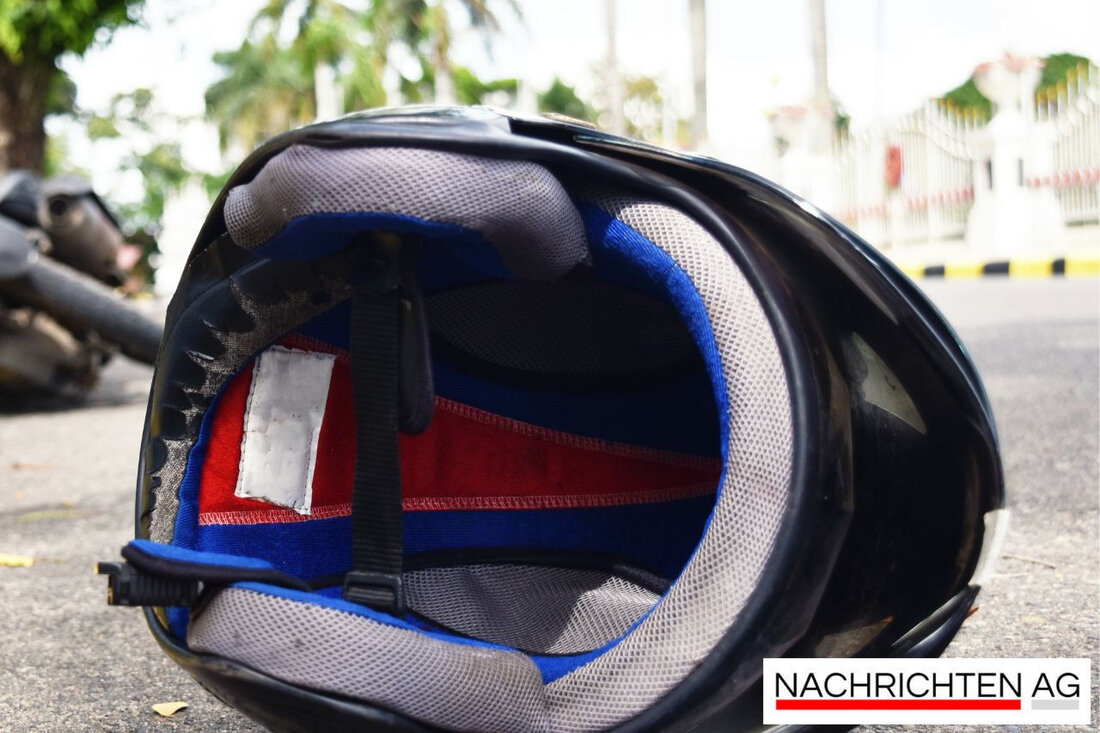BGH ruling: Motorcyclists are liable even without a collision!
On December 3, 2024, the BGH decided on prima facie evidence in motorcycle accidents without a collision and its effects.

BGH ruling: Motorcyclists are liable even without a collision!
An important ruling by the Federal Court of Justice (BGH) from December 2024 has fundamental implications for the liability of motorcyclists in accidents, especially if no physical collision has occurred. The BGH decided that prima facie evidence also applies in such cases, thereby increasing the requirements for motorcyclists with regard to their duty of care. anwalt.de reports that the verdict is based on a case in which a motorcyclist fell after slamming on the brakes to avoid a collision with a car that was braking sharply, even though there was no contact.
In this specific case, the motorcyclist suffered injuries and demanded compensation. The BGH found that his fall indicated a breach of duty of care. Prima facie evidence can only be refuted if the rear-ending driver presents atypical facts. The consequence of the ruling is that the rear-ending driver is generally liable unless he can refute the prima facie evidence. This decision could lead to insurers increasingly relying on prima facie evidence, which could result in faster claims settlement.
Recommendations for action for motorcyclists and injured parties
According to the BGH ruling, motorcyclists are advised to keep a sufficient safe distance, drive with foresight and adjust their speed. In addition, modern safety technologies such as anti-lock braking systems (ABS) should be used to minimize the risk of an accident. Injured parties, on the other hand, should secure evidence after an accident, including photos, witness statements and the accident report. It is also recommended that you seek legal advice to assert claims.
Another example of the complexity of liability issues in motorcycle accidents is a case that was heard before the Kiel Regional Court. This involved a left-turn accident in which a plaintiff drove a Honda CBR 900 Fireblade into a car that was trying to turn. Despite the severity of the injuries, which led to permanent impairments, the appeal court found that the regional court had not taken sufficient evidence and remanded the case for a new hearing. ra-kotz.de highlights that this highlights the need for extensive evidence gathering, including an accident analysis report.
The plaintiff demanded high compensation, including loss of earnings amounting to around 33,858 euros until the end of March 2020 and at least 19,000 euros in compensation. While the defendant initially paid a partial amount, the court ultimately determined that the defendant was liable at 80%. However, the evidence was identified on appeal as inadequate, which led to further proceedings.
These cases illustrate how important it is, both as a motorcyclist and as an injured party, to be well informed and to take appropriate steps to secure your own claims in the event of an accident.

 Suche
Suche
 Mein Konto
Mein Konto